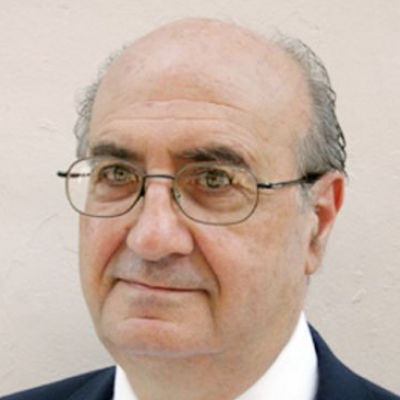Yemen on the Brink
Why would Yemen’s president be wise to start packing his bags?
March 29, 2011
I’ve never met Ali Abdullah Saleh, Yemen’s president, but I know he has a nightmare on his hands. His nightmare is named Tawakul Karman, a 32-year-old mother of three, who is one of an increasing number of voices demanding that he leave office.
Although nobody can predict what will happen in Yemen, and the opposition is becoming more adamant about Saleh’s need to leave power, it is safe to say that President Saleh would be wise to start packing his bags.
In the last few weeks, the country’s opposition has stepped up its efforts to remove President Saleh from power, dismissing his promises to leave by the end of the year or to hand power only to “safe hands.” The Yemenis have been tricked before by this master of survival — and they don’t want a repeat performance.
Important allies are leaving the president’s side. The most important defection so far is that of General Ali Mohsen al-Ahmar, considered the second-most-powerful person in Yemen. He is the commander of the north-west military zone and the most senior military officer to join the protests. His move was followed by that of several military officers, tribal leaders and ruling party members.
In addition, Abdullah Alsaidi, Yemen’s ambassador to the United Nations, has also resigned, in protest of the killing of dozens of demonstrators. Some observers believe that Saudi Arabia, which until now has backed Yemen’s government, wouldn’t continue to do so if the situation worsens.
President Saleh is facing challenges on several fronts. An unrelenting war against rebels of the Houthi tribe in the north has forced 350,000 people from their homes, most of them children, and created a humanitarian emergency. At the same time, Saleh is facing a secessionist movement in the south that threatens to deprive the government of much-needed resources.
The south has most of the resources and only a third of the country’s population of 24 million. If they secede, a course of action that they tried to follow in 1990, they would create an extremely serious situation for the rest of the country. A later attempt at secession in 1994 was unsuccessful.
However, a new secessionist movement emerged in 2007 as a response to what southerners believe is northern domination of resources, as well as better access to jobs and housing.
In addition, Yemen is fast running out of water. According to the German Development Service (GDS), only 46% of Yemen’s rural population has easy access to an adequate water supply, and this number is only slightly better in Yemen’s main cities.
According to some estimates, Sanaa’s wells will run dry by 2015 if current water-usage levels continue. The water crisis has become more acute due to the country’s population growth, which has almost tripled since 1975. Oil reserves are estimated to be drastically reduced by 2017.
Poverty and lack of resources have had a deleterious effect on people’s health. According to World Food Programme (WFP) estimates, 7.2 million people, almost a third of the country’s population, are suffering from chronic hunger, and over 50% of children are malnourished. Families in Yemen are spending approximately 30% of their monthly income on bread alone.
Infant mortality rates and maternal mortality rates continue to be high throughout the country. Maternal health and healthcare indicators compare unfavorably with those of other countries in the Middle East and North Africa region. The population growth rate is faster than the creation of new health facilities, while the expansion rate of educational facilities just keeps up with population growth.
There is an eerie similarity between Yemen today and Egypt just before Hosni Mubarak fell from power. Like President Mubarak did before he was deposed, President Saleh is desperately clinging to power by promising deeds that won’t placate the protesters. While refusing to step down, he said that the country without him would be at grave risk of breaking apart.
Yemen’s tragedy is that either with him or without him, the situation will probably become worse. As Mrs. Tawakul Karman, President Saleh’s nemesis, stated, “This is not just a political revolution, it is a social revolution.”
In the meantime, harsh repression against protesters continues, and the United States is probably the only country that can stop him from inflicting brutality on his own people.
“Time and again, President Saleh promises he will stop attacks on peaceful protesters, and yet the number of dead keeps rising,” said Sarah Leah Whitson, Middle East director of Human Rights Watch. “The United States should back up its words condemning the carnage with action, and halt military aid to Yemen,” she added.
As of now, it is anybody’s guess which is the next Arab regime to fall. One thing is certain, however. The situation is such that the next one to fall will act as a catalyst for similar actions towards other regimes now under serious pressure in the region.
